
Invited Speakers
| Session 1:Intelligent Software Engineering | |
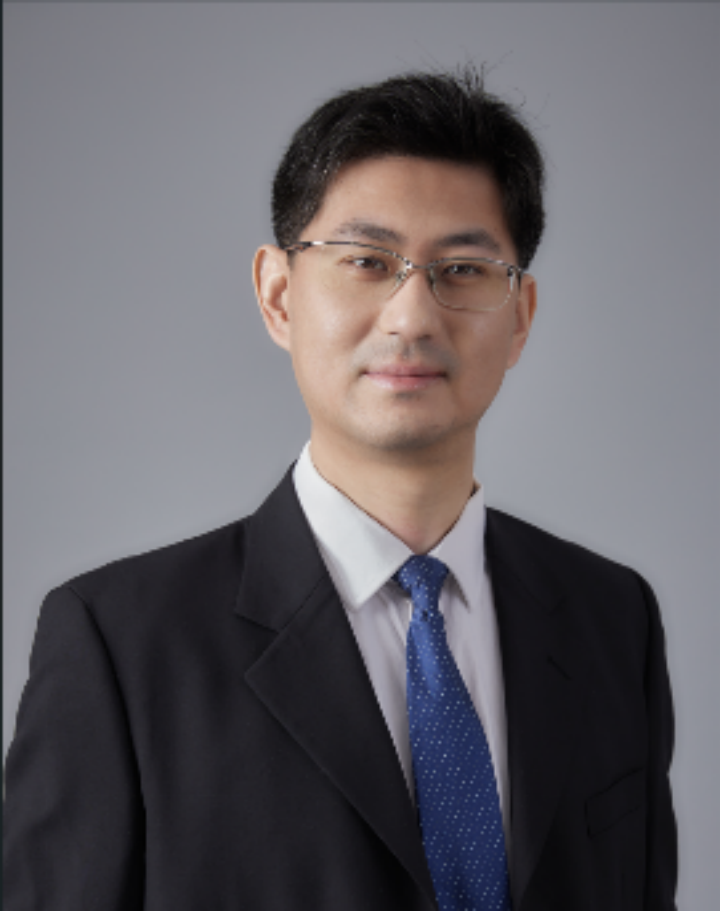 | Associate Professor Yun Lin, Shanghai Jiao Tong University, China Lin Yun, associate professor, Assistant Director, doctoral supervisor, Department of Computer Science, Shanghai Jiao Tong University, former Assistant Professor (research post), National University of Singapore, selected for the 2021 National Overseas High-level Young Talent Program. His main research area is software engineering, focusing on automated analysis of code, web pages and AI models. He has published more than 40 papers in top international conferences and journals. Co-chair of the PRDC2023 International Conference Procedure Committee, as well as member of the Procedure Committee and reviewer of major international conferences. Presided over the National Fund Committee excellent youth project (overseas). Won the ICSE2018 Best Paper Award. More information is available at:http://linyun.info/ |
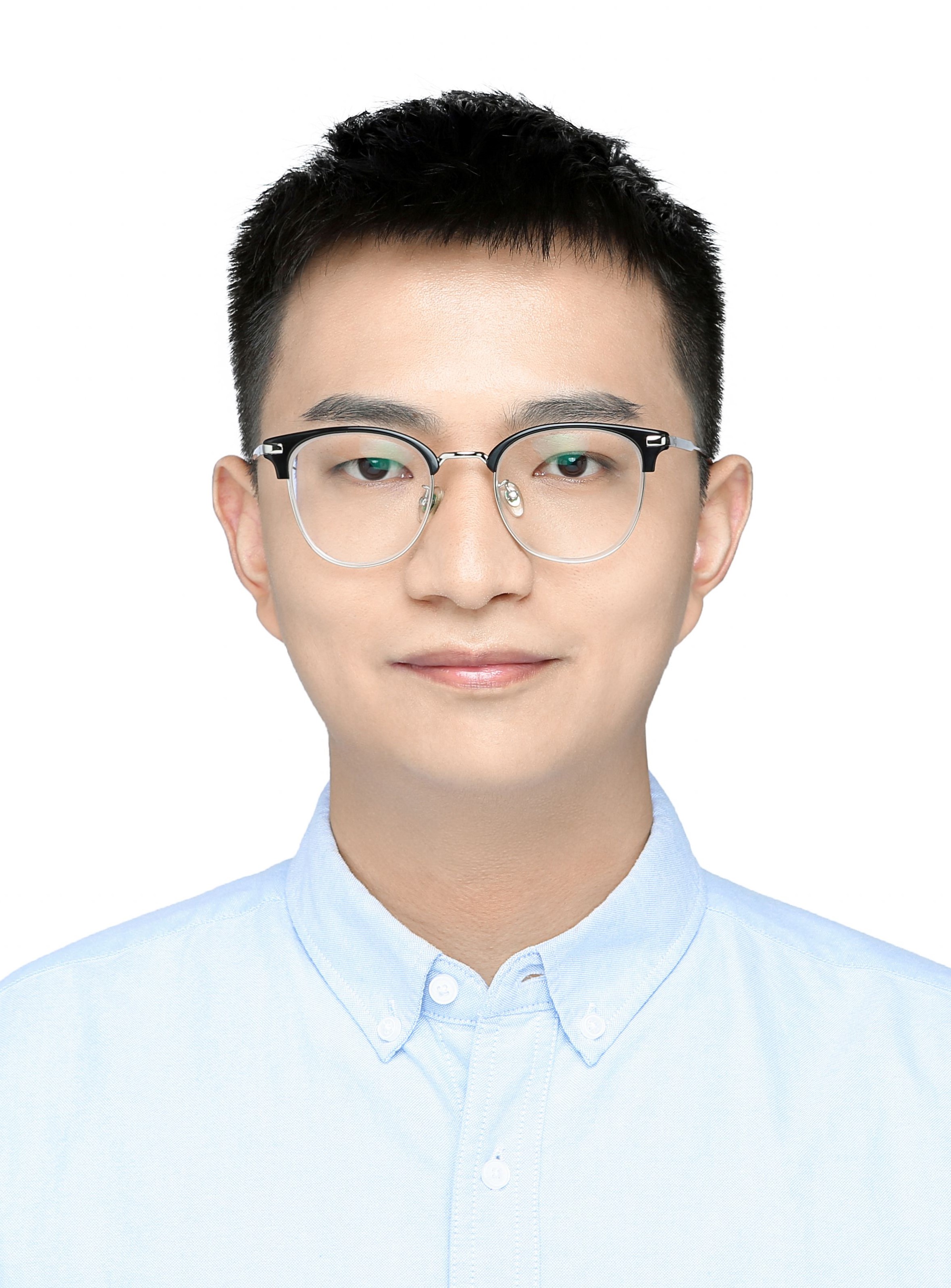 | Senior Researcher Shilin He, Microsoft China Shilin He is a senior researcher at Microsoft China. His research interests include large-scale language models, AIOps, and log analysis. Shilin He has published more than 30 papers at ICSE, FSE, ICLR, ATC, EMNLP and other conferences, with a total of more than 2800 citations. He is a PC member of conferences such as FSE, ISSTA, and a reviewer of many conference journals. He works closely with many teams within Microsoft, such as Azure and M365, and applies technology into products. He received his PhD in Computer science from the Chinese University of Hong Kong in 2020 and later joined Microsoft Research Asia as a researcher. |
 | Associate Researcher Dong Wang, Tianjin University, China Wang Dong, Associate Researcher, Tianjin University. Prior to joining Tianjin University, he was an assistant professor at Kyushu University in Japan. His research interests include software warehouse mining, empirical software engineering, and AI4SE. The research goals are to extract knowledge from historical data in software repositories, especially in the open source software community, uncover empirical evidence, gain useful insights into software engineering management, and develop automated approaches to support developers. In the past 5 years, he has published more than 20 papers in international conferences and journals, including ASE, TSE, EMSE, ICSME and other well-known soft industry conferences and journals. In addition, he has worked extensively as a reviewer and organizer in flagship conferences and journals in the field of software engineering. |
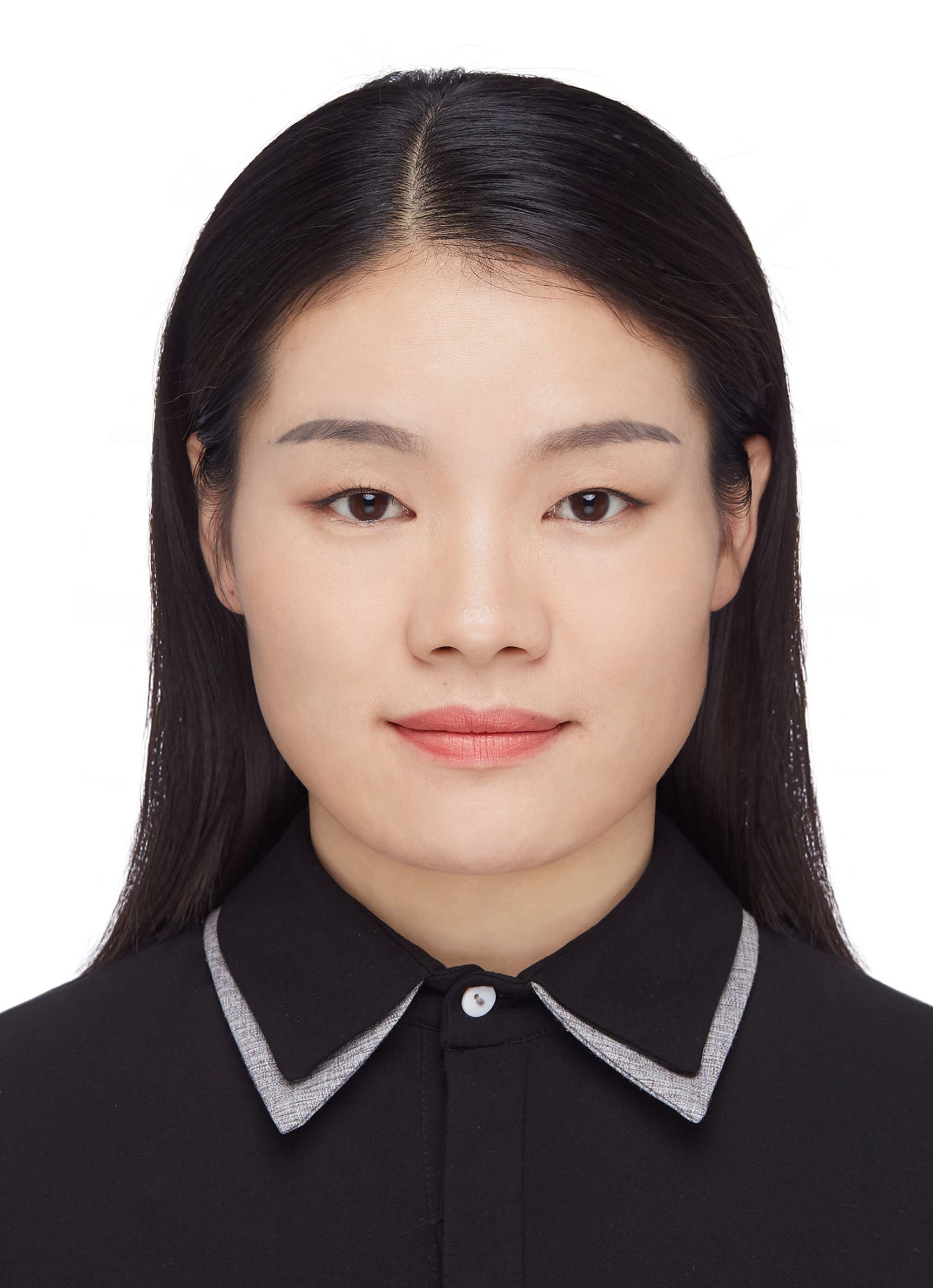 | Associate Researcher Yuxia Zhang, Beijing Institute of Technology, China Yuxia Zhang, PhD, Associate Researcher, Beijing Institute of Technology. He has been engaged in open source software development and intelligent software engineering research for a long time, published more than 20 papers in top conferences and journals such as ICSE, FSE, TSE, TOSEM, ESEM, and presided over the National Natural Science Foundation Youth Project, presided over the National Defense Science and Technology Key Laboratory surface project, and participated in the National Natural Science Foundation key projects. Invited to serve as a reviewer for international top journals TSE, TOSEM, EmSE, as a member of the International FSE2023, ICSE2024 Program Committee, as co-chair of ASE 2024 Review Process, etc. He received the ICSE 2022 Outstanding Paper Award, ESEC/FSE 2023 Outstanding Paper Award, Internetware 2023 Outstanding Program Committee Award, etc. |
| Session 2:Intelligent Computing | |
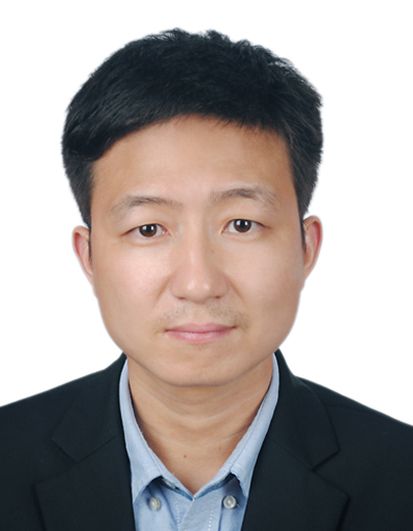 | Professor Yong Wang, Central South University, China Prof. Yong Wang is with the School of Automation, Central South University, Changsha, China. His current research interests include intelligent learning and optimization and their interdisciplinary applications. He was a recipient of the Cheung Kong Young Scholar by the Ministry of Education, China, in 2018, a Web of Science Highly Cited Researcher in Computer Science in 2017 and 2018, and an Elsevier's Most-Cited Chinese Researcher in 2021-2023. He is an Associate Editor of IEEE Transactions on Evolutionary Computation and Swarm and Evolutionary Computation. He has published 50 IEEE Transactions papers. Title:Intelligent learning and optimization for automotive lightweight design. Abstract:In automotive lightweight design, we always face different kinds of optimization problems, which exhibit very complex characteristics, such as expensive, black-box, multiple objectives, multiple constraints, mixed variables, and discontinuous objective functions. Among these complex characteristics, expensive and black-box are the most common. In order to deal with expensive optimization problems, we need to establish cheap surrogate models based on intelligent learning techniques. In addition, we also need intelligent optimization techniques to deal with black-box optimization problems. Moreover, other complex characteristics pose their corresponding challenges to intelligent learning and optimization. In this talk, I will introduce how to design intelligent learning and optimization techniques to deal with different kinds of expensive and black-box optimization problems and their applications in automotive lightweight design. |
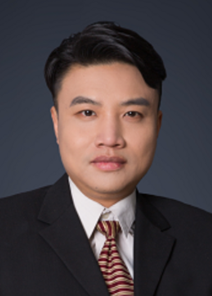 | Professor Han Huang, South China University of Technology, China Dr. Huang is a professor and doctoral supervisor of the School of Software Engineering at South China University of Technology. He is an associate editor of IEEE TEVC, CAIS and IEEE TETCI, and Director of Teaching Steering Committee for Software Engineering of Undergraduate Colleges and Universities in Guangdong Province. He has proposed a time complexity analysis method of real-world evolutionary algorithms, algorithms for efficient and accurate image matting, a method for automated test case generation based on path coverage, etc. Prof. Huang has hosted more than twenty national and provincial projects. He has published three books and more than 80 papers in IEEE TCYB, IEEE TETC, IEEE TSE, IEEE TEVC, IEEE TIP, IEEE TFS, and Science China, including ESI highly cited papers. He has 50 invention patents granted in China and seven invention patents granted in the US as the first inventor. He won China Patent Excellence Award and developed an association standard as the first contributor. Prof. Huang has given more than 50 public lectures on science and technology in the past five years. He has been in charge of the development and release of six public software systems, providing free technical service and support for researchers and engineers Title: Micro-scale searching algorithm and its application. Abstract: Intelligent optimization algorithm is an important artificial intelligence method which is often used to solve complex black-box optimization problems. From the perspective of the nature of algorithm performance, this report will describe the fundamental reasons and key points of algorithm performance improvement. It will introduce the idea of micro-scale searching algorithm: By determining the effective decision subset of optimization problems, adjust the reasonable allocation of computational resources and achieve effective search in a small space, thus obtaining the optimal solution or high-quality feasible solution of the problem. Based on this algorithmic idea, The report will analyze the micro-scale searching assumptions and performance nature of intelligent optimization algorithms such as genetic algorithm (GA), particle swarm optimization (PSO), differential evolution (DE), ant colony optimization (ACO). It will also summarize and discuss the pitfalls of analyzing performance of evolutionary computing methods. Finally, this report will introduce the applications of micro-scale searching algorithm ideas in industrial software, software engineering, computer vision, digital logistics, etc. |
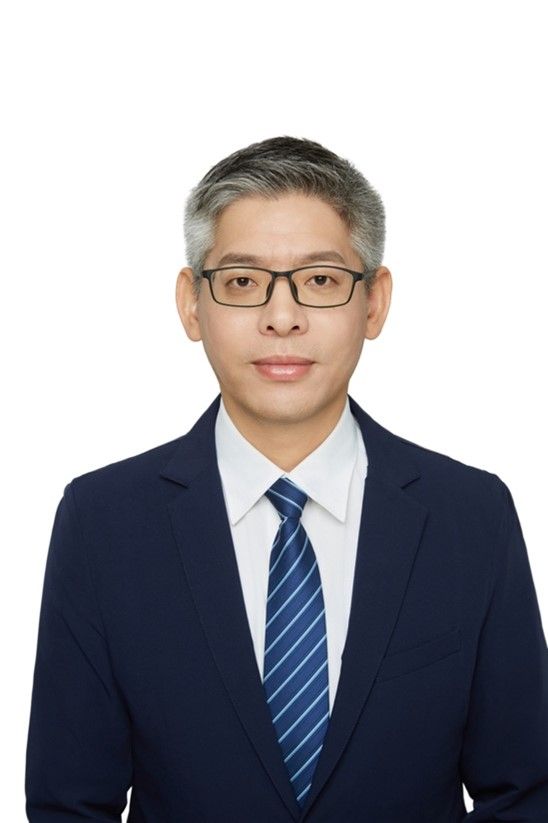 | Professor Aimin Zhou, East China Normal University, China Prof. Aimin Zhou is currently the dean of the School of Computer Science and Technology, and the dean of the Shanghai Institute of AI for Education, East China Normal University, China. His research interests include machine learning and intelligent education. He has authored over 80 peer-reviewed papers, which have been cited more than 9600 times on Google Scholar. He has been awarded the Highly Cited Chinese Researchers by Elsevier from 2020 to 2023. Prof. Zhou is an Associate Editor of Swarm and Evolutionary Computation and Chinese Journal of Electronics, and an Editorial Board Member of Complex & Intelligent Systems. Title: Interpretable Machine Learning Technologies for Personalized Learning Abstract: The rapid growth of online tutoring systems and computer-aided education, driven by advancements in information technology, has resulted in a wealth of student learning data. This motivates the question on how to achieve personalized learning through an automatic manner. Thanks to the impressive advancement of machine learning in recent years, such as deep learning and large language models, using machine learning techniques for realizing personalized learning shows its promise. However, a prevalent trade-off in current machine learning methods is the compromise between improved performance and interpretability. This is primarily due to the opaque nature of neural networks. But as a high-stake decision-making domain, education requires the methods to have interpretability to be deployed in practical systems. In this talk, I will introduce our technical attempts on how to achieve interpretable machine learning for personalized learning while retaining state-of-the-art performance. Besides, I will show our practical experiences on implementing real personalized learning systems. |